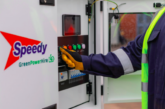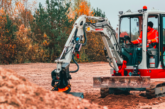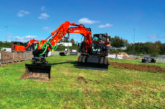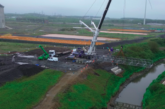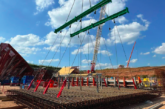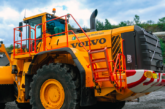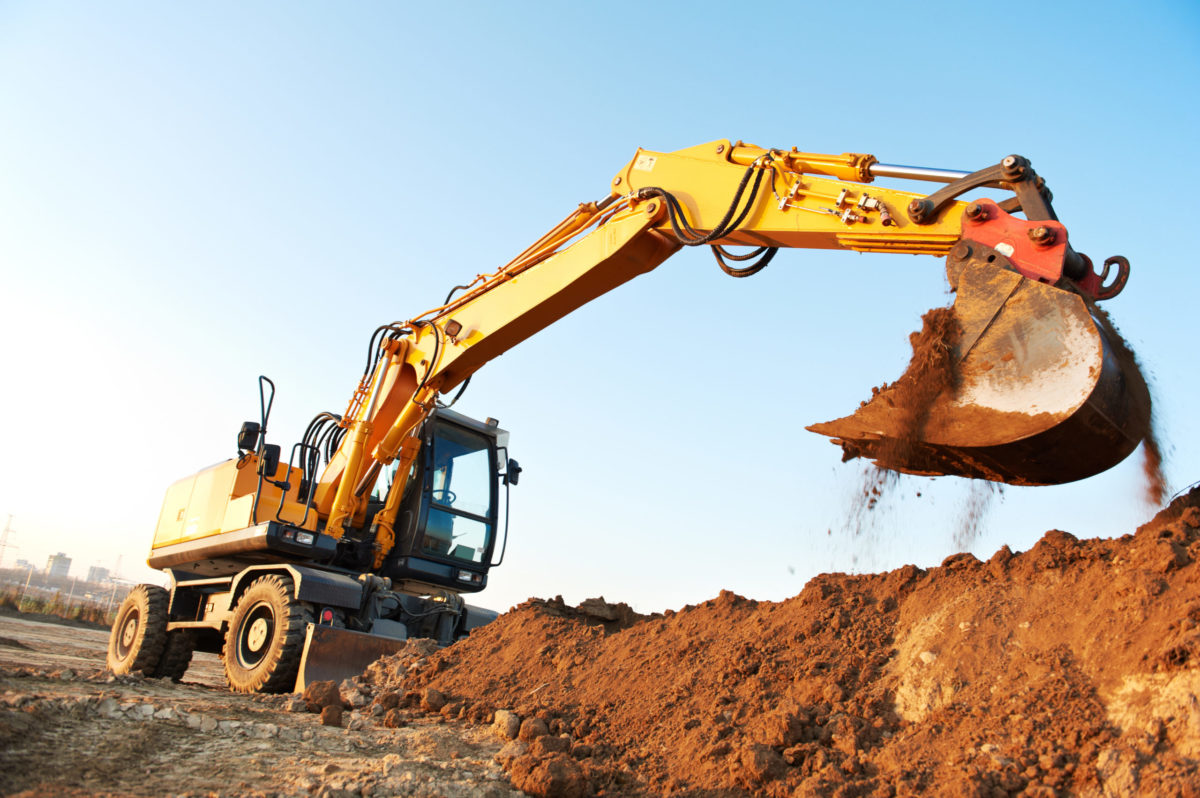
The latest Ritchie Bros. report is a mine of information on the construction machinery market. Construction Plant News Editor, Lee Jones talks to the company’s Rupert Craven about some of the key findings.
To say we’ve been living in strange days of late would be something of an understatement. From the relative optimism of late 2019, through the post-apocalyptic emptiness of our pandemic streets, to a subsequent boom that has put such pressure on supply chains, second guessing the market has become a challenge to say the least.
It is that latter reality that has seen an increase in demand for used equipment, with the inherent price rises it entails. It also makes heavy equipment companies likes Ritchie Bros ideally placed to identify the latest developments, and it’s Used Equipment Market Trends Report is an invaluable document in communicating that insight.
As ever it is a mix of local and international factors that shapes purchasing decisions. In the UK exchange rates have been very low, for example, which has encouraged the movement of machinery abroad. At the same time, as far as new equipment is concerned, there’s an improving picture when it comes to production line problems. “What we’re hopefully seeing is a transition to more ‘normal’ trading conditions with a sustainable level of supply and demand easing the pressure on prices,” explains Rupert Craven, UK and Ireland Sales Director at Ritchie Bros.
“There is no doubt that more machinery has been available in Q4 of 2022 and into Q1 of 2023. For hirers and contractors who – having previously deferred the decision – are now in position where they need to refresh their fleets, that’s good news. At the same time many of these machines have been used pretty hard through the covid era, accruing some significant hours as a result.”
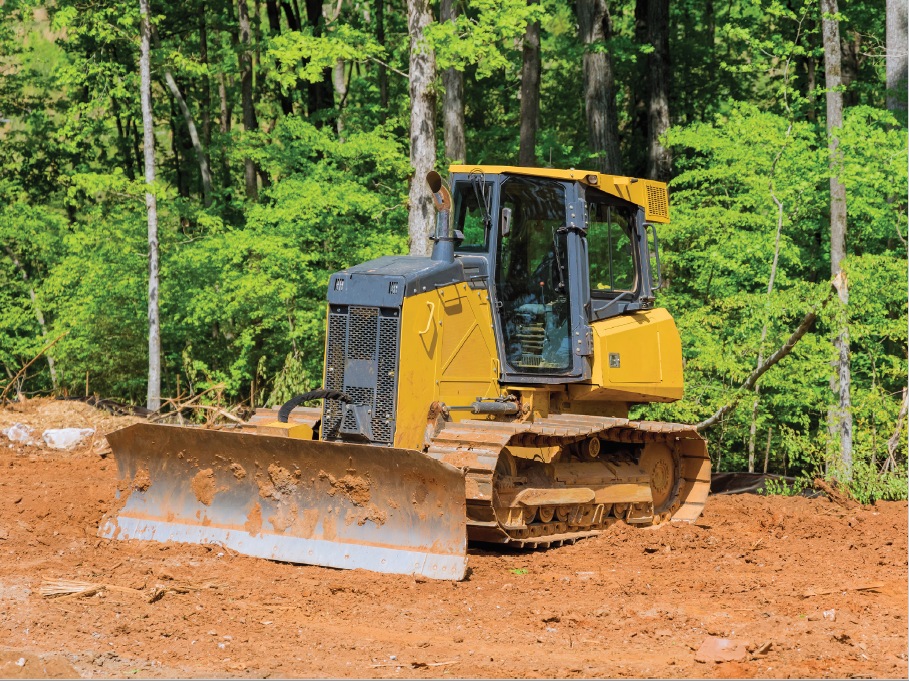
Mini excavators are the core component of any rental fleet, as well as a housebuilding industry which has experienced growth in the last couple of years, not to mention infrastructure. It is, therefore, no surprise that compact equipment is on a continuing upward trend. With governments around the world investing in the built environment – often in sizeable projects – specialist and heavy machinery is equally at a premium. Moreover, events in one region can have global implications. Generators have seen large increases as a direct result of the Ukraine war, for instance. With significant areas of the country cut off from the grid after the Russian invasion, Ukrainian buyers and relief organisations have been importing large numbers of these units into the country.
Rupert also reports that tandem rollers have seen large increases in value: “These machines clock up relatively few hours – which means contractors and hirers can hang onto them for longer – whilst they have witnessed the same supply problems that the rest of the plant industry has faced. With a dearth of availability of both old and new that inevitably precipitates a price jump.”
These economic realities place hirers in that all-too familiar conundrum of increased prices but with little or no ability to increase their own rental rates. As a result, the equipment market is having to think differently about how it utilises assets, as well its inputs and outputs more generally. At the same time one consequence of an inability to buy new machines has seen contractors turning to hirers more frequently.
The flip side of that has been incentives from government – including the super deduction tax – where 130% of the original equipment cost could be put off against tax, which has made purchasing plant more attractive for construction companies. That scheme came to an end on 31st March with the Chancellor announcing a successor in his Spring Budget. Its latest iteration is a full capital expensing initiative which will exist for the next three years and allow every pound a company invests in plant or machinery to be deducted.
Over the lifetime of the super deduction scheme, however, there has been consistent calls from the likes of the Construction Plant-hire Association (CPA) for the initiative to be extended to rental firms, who have always been excluded. At the time of writing, it is currently unclear if the full capital expensing programme will be open to that sector.
“One factor that is certainly driving demand is the introduction of more advanced technologies,” Rupert reveals. “The likes of intelligent control, GPS, camara arrays and stop/start functionality are no longer luxuries but hold an intrinsic value of their own. Indeed, there are some contractors who will demand that these systems are utilised on their projects. Dual view cameras weren’t in the market five years ago, for example, but are now very popular.”
That’s not the only change in the offing because the auction experience for a buyer or seller is now very different. As with every sector the pandemic has shifted business online, and Ritchie Bros has been quick to respond. As an example, when the auction company acquired IronPlanet in 20217 it launched Marketplace-E. This online buy now or make an offer platform is available 24/7, and 365 days of the year, and that’s in addition to the eight online auction events Ritchie Bros. holds at its Maltby site in South Yorkshire. Moreover, Ritchie Bros.’ Mascus allows sellers to list machines online and process the sale themselves. Rupert continues: “However, our customers want to buy or sell we want to provide a solution that’s right for them, based on their needs and preferences.”
“Ritchie Bros. is a marketplace for machinery,” Rupert concludes. “We thrive on change and advances in technology, as well as any incentives that legislators introduce to purchase. Most importantly, what we and the wider industry require is an environment where equipment can be changed regularly and consistently.”
To access the Ritchie Bros Used Equipment Market Trends Report visit https://blog.rbauction.com/market-trends/
For further information on upcoming auctions visit https://www.rbauction.com/maltby

